iHeartDogs is reader-supported. When you buy via links on our site, we may earn an affiliate commission at no extra cost to you.
Protein supplements for dogs are designed to ensure pups receive adequate levels of protein in their diets. Proteins are essential for dogs as they are the building blocks of body tissues and are crucial for many bodily functions, including muscle development, tissue repair, immune function, hormone and enzyme production, and energy provision.
Whether your furry companion is a lively puppy, a highly active working dog, or a senior with changing nutritional needs, understanding the importance of protein is key to ensuring their well-being and vitality. From assessing the symptoms of protein deficiency to deciphering the amount of protein your dog needs, a well-informed approach can make a significant difference in your pup’s health.
In this comprehensive article, we delve into the intricacies of protein for dogs, addressing frequently asked questions and common concerns. We explore the various types of protein sources, both animal-based and plant-based, and discuss the factors to consider when choosing a supplement.
What are Protein Supplements for Dogs?
Protein supplements for dogs are products formulated to provide additional protein to a dog’s diet. They come in various forms, including powders, liquids, and treats, and can be derived from various protein sources such as meat, fish, eggs, or plant-based proteins like soy or peas.
Here are a few types of protein supplements for dogs:
- Protein Powders: These are concentrated protein sources that can be sprinkled on or mixed into a dog’s regular food. They can be derived from animal or plant-based sources.
- Protein-Rich Treats: Some treats are specifically formulated to be high in protein. These can be used as a supplement, especially for dogs that are picky eaters.
- Meal Toppers: These are typically wet or semi-moist foods that are high in protein and are added to a dog’s regular kibble to boost protein intake.
- Canned or Wet Foods: High-protein canned or wet foods can also act as supplements when added to a regular diet.
- Egg or Whey Protein: Some pet owners might use egg or whey protein as a supplement. However, it’s important to use these in appropriate amounts and consult with a vet beforehand.
- Freeze-Dried or Dehydrated Meats: These can be rehydrated and added to the dog’s regular food for a protein boost.
- Fish Oil: While it’s primarily a source of omega-3 fatty acids, fish oil also provides some degree of protein.
- Bone Broth: Rich in protein and nutrients, bone broth can be a good supplement for dogs needing a protein boost.
When considering protein supplements for your dog, it is crucial to look at the overall protein content in your dog’s diet, including their regular food, to avoid over-supplementation. Always consult with a veterinarian before adding any supplements to your dog’s diet to assess the individual needs of your pet and avoid any potential health risks associated with over-supplementation.
Does My Dog Need Additional Protein?
Determining whether your dog needs a protein supplement depends on various factors including age, health status, activity level, and the nutritional content of their regular diet. Puppies, highly active dogs, pregnant or lactating females, and some senior dogs may have higher protein requirements. Additionally, dogs with certain health conditions or those on specialized diets might benefit from supplementation. However, most commercial dog foods are formulated to meet the nutritional needs of the average dog, so supplementation is not typically necessary for healthy dogs eating a balanced diet.
Here are several reasons why a dog might need protein supplements:
- Dietary Insufficiency: Some commercial dog foods may not provide adequate protein, especially for active, working, or growing dogs. In such cases, protein supplements can help meet the nutritional needs.
- Age-Related Needs: Puppies and senior dogs have different protein requirements. Puppies need more protein for growth, while older dogs may need higher-quality proteins to maintain muscle mass and overall health.
- Health Conditions: Dogs with certain health conditions like kidney disease or liver disorders may require specialized diets with altered protein levels. In some cases, a protein supplement may be recommended to meet their nutritional needs.
- Recovery: Dogs recovering from illness or surgery may have increased protein needs to help repair tissues and regain strength.
- Athletic or Working Dogs: Dogs involved in high levels of physical activity, such as agility dogs, service dogs, or hunting dogs, may have higher protein requirements to maintain muscle mass and energy levels.
- Weight Management: Protein supplements can help maintain lean body mass in overweight dogs on a weight-loss diet.
- Allergies or Food Sensitivities: Some dogs are allergic or sensitive to certain protein sources in common commercial dog foods. Protein supplements from alternative sources can be helpful in these cases.
Once again, before adding any supplements to your dog’s diet, consult with a veterinarian to ensure a protein supplement is appropriate for your dog’s specific needs, age, health status, and lifestyle. Over-supplementation of protein can lead to health issues, such as kidney damage, especially in dogs with pre-existing conditions.
Buyer’s Guide: What Factors to Consider When Choosing Protein Supplements for Dogs
When choosing protein supplements for dogs, several factors should be considered to ensure a supplement is appropriate, safe, and beneficial:
- Nutritional Needs: Assess your dog’s individual nutritional needs based on age, weight, activity level, and health status. Consider whether your dog has any specific deficiencies or increased protein requirements.
- Quality of Protein: Evaluate the quality and digestibility of the protein source. High-quality, easily digestible proteins are more beneficial. Look for supplements with a good amino acid profile.
- Ingredient List: Check the ingredient list for any fillers, additives, preservatives, or artificial ingredients. Opt for supplements with minimal and natural ingredients.
- Allergies or Sensitivities: If your dog has known food allergies or sensitivities, ensure the ingredient list is suitable for your dog.
- Veterinarian’s Advice: Consult your veterinarian for recommendations based on your dog’s specific needs and health condition.
- Brand Reputation: Choose supplements from reputable brands with good quality control and transparency about ingredient sourcing and manufacturing processes.
- Form of Supplement: Consider the form of the supplement (powder, liquid, treat) and whether it is palatable and easy to administer.
- Balanced Nutrition: Ensure the supplement does not disrupt the overall balance of nutrients in the dog’s diet, especially if the dog is already on a balanced commercial diet.
- Cost: Evaluate the cost of the supplement and whether it offers good value for the price.
- Certifications and Testing: Check if the supplement has been tested for quality and safety and whether it has any certifications from recognized bodies.
By taking these factors into account and working closely with your veterinarian, you can make an informed decision about the most appropriate protein supplement for your dog.
The 6 Best Protein Supplements for Dogs
#1 – Taily Liquid Collagen Protein Supplement for Dogs
Taily Liquid Collagen Protein Supplement is a versatile option for both dogs and cats, and focuses on supporting weight gain, recovery, muscle strength, and mobility. This liquid protein supplement’s hydrolyzed collagen formula is a notable feature, offering enhanced absorption and efficacy. Many users have reported visible improvements in their pets’ muscle tone and mobility, alongside positive weight gain in underweight animals. The liquid form serves as a convenient food topper, making it easy to incorporate into any pet’s diet.
Pros:
- Easy to administer
- Noticeable improvements in muscle and mobility
- Suitable for both dogs and cats
- Made from quality ingredients
Cons:
- Some pets may initially be hesitant to consume
- May be on the pricier side for some budgets
#2 – Step Above Proteins, Premium Collagen Gelatin Protein for Dogs
Step Above Proteins offers a premium Collagen Gelatin Protein supplement in a generous quantity, catering to the protein requirements of dogs. This product is lauded for its high-quality ingredients, aiming to support muscle development, joint health, and overall vitality. The gelatin protein powder form is innovative, providing an easy serving experience and palatability that many dogs find appealing. Users have reported that this supplement is especially beneficial for older dogs experiencing joint issues.
Pros:
- High-quality ingredients
- Appealing texture for many dogs
- Especially beneficial for older dogs
- Good value for the quantity provided
- Made in the USA
Cons:
- Gelatin powder form can be sticky
#3 – Bully Max Muscle Gain Power Chews
Bully Max Muscle Gain Power Chews are an 11-in-1 High-Protein supplement for dogs, designed to cater to both puppies and adults. Made in the USA, these chews boast premium ingredients and are formulated to support muscle building across all breeds. In reviewing, pet parents have expressed appreciation for the observable muscle gains and enhanced vitality in their dogs. The convenience of the chew form is a significant plus, offering a versatile and effective supplement for those aiming to bolster their dog’s muscular health.
Pros:
- Supports muscle growth and vitality
- No fillers or additives
- Convenient chew form
- Suitable for all breeds
- Made with premium ingredients
Cons:
- Price point may be a consideration for some
- Palatability may vary among individual dogs
#4 – Muscle Bully Protein Supplement for Dogs
Muscle Bully Protein Supplement is specially formulated for bull breeds, such as Pit Bulls, American Bullies, and Bulldogs, offering support for muscle growth, recovery, and size. With 60 servings per pack, this supplement has garnered positive feedback for fostering noticeable muscle development and recovery. However, it is specifically tailored for bull breeds, so its suitability for other dog breeds is a factor to consider. The targeted formula and observable results make Muscle Bully a go-to choice for parents of bull breeds seeking to enhance their pup’s muscular stature.
Pros:
- High-quality formula with no fillers
- Noticeable muscle development
- Supports recovery
- Formulated for specific breeds
- Produced in an FDA-registered plant
Cons:
- Suitability for non-bull breeds is uncertain
- Taste preference may vary among dogs
#5 – Buddy & Lola Dog Weight Gainer
Buddy & Lola Dog Weight Gainer is a versatile protein powder for dogs to support maximum muscle building and weight gain across all breeds, including bullies. Made in the USA, this high-calorie supplement serves as an easy food topper, and parents have reported satisfactory weight gain and muscle development in their pets. It’s also highly recommended for picky eaters and underweight dogs.
Pros:
- Effective for weight gain and muscle development
- Versatile for all breeds
- Convenient food topper
- Quality ingredients
Cons:
- Powder form may be less convenient for some
- Individual dogs’ taste preference may vary
#6 – Caledon Farms Protein Cookies-Steak & Rosemary
Caledon Farms Protein Cookies, with their enticing Steak & Rosemary flavor, come in a handy 277g pack, offering a tasty and nutritious treat for dogs. These cookies are rich in protein and baked with natural ingredients, promoting health while satisfying your pet’s taste buds. Many pet parents applaud the product for its palatability and the visible energy boost it provides to their furry companions. While not a typical protein supplement for dogs, these tasty dog cookies still help provide much needed protein to dogs who require higher levels in their diet.
Pros:
- Highly palatable
- Provides a noticeable energy boost
- Nothing artificial
- Suitable for dogs of all sizes
Cons:
- Cookies may be a bit crumbly
- Not suitable for pets with specific dietary restrictions
FAQs About Protein for Dogs
Are protein supplements safe for dogs?
Protein supplements can be safe for dogs when used appropriately, but they are not universally necessary. Many commercial dog foods already provide adequate protein for the average dog’s needs. Safety largely depends on factors such as the quality of the supplement, the dog’s individual health, and the overall balance of the diet. Excessive protein intake can be harmful, potentially leading to kidney damage, especially in dogs with pre-existing kidney conditions.
How much protein does my dog need?
The protein needs of a dog depend on several factors, including age, size, activity level, and health status. Generally, adult dogs require about 18-25% of their diet to be protein, while puppies, lactating females, and working or active dogs may need more. The Association of American Feed Control Officials (AAFCO) recommends a minimum of 22% protein for growth and reproduction (puppies and pregnant or lactating females) and 18% for adult maintenance. However, these are general guidelines, and individual needs can vary. A balanced diet that meets all nutritional requirements is crucial, and a veterinarian can provide personalized recommendations based on the dog’s specific needs and lifestyle.
What are the signs of protein deficiency in dogs?
Protein deficiency in dogs can manifest in several ways as proteins are vital for numerous bodily functions. Signs of deficiency can include:
- Loss of muscle mass and weakness
- Dull, brittle, or coarse fur, often accompanied by hair loss
- Increased susceptibility to infections due to a weakened immune system
- Slow growth in puppies
- Poor wound healing
- Anemia
- Edema (fluid retention, especially in the abdomen) If you notice any of these signs, it is essential to consult a veterinarian for a proper diagnosis and treatment plan. Addressing the underlying cause and adjusting the diet can often resolve protein deficiencies
Can too much protein harm my dog?
Yes, excessive protein can be harmful to dogs. While dogs are generally able to metabolize higher levels of protein than humans, an overly high protein intake can place unnecessary strain on the kidneys and may lead to kidney damage, especially in dogs with pre-existing kidney conditions. Additionally, excess protein can contribute to obesity, as surplus protein is converted to fat. Balancing the diet is crucial, and it is essential for dog parents to follow dietary guidelines and consult with a veterinarian to determine the appropriate protein level for their pet based on individual health, age, activity level, and dietary needs.
What type of protein is best for my dog?
The best type of protein for your dog depends on individual factors such as age, health, dietary preferences, and any allergies or sensitivities. High-quality, easily digestible proteins are preferable. Common animal-based protein sources include chicken, beef, fish, lamb, and eggs, while plant-based sources include soy and peas. It is also important to consider the amino acid profile of the protein source, as dogs require a variety of essential amino acids for optimal health. And as always, your veterinarian will be able to provide recommendations for your dog.
Can puppies and senior dogs take protein supplements?
Puppies and senior dogs may have different protein needs compared to adult dogs. Puppies require more protein for growth and development, while senior dogs may need high-quality protein to help maintain muscle mass. While protein supplements can be given to puppies and senior dogs under certain circumstances, consult a veterinarian first.
Will protein supplements help my dog gain muscle?
Protein is essential for muscle development and repair, so adequate protein intake can support muscle growth in dogs. However, simply increasing protein intake through supplements is not a guarantee for muscle gain. Physical activity, exercise, and overall diet also play significant roles. Muscle development is best achieved through a combination of a balanced diet, suitable exercise regimen, and, if necessary, targeted nutritional support.
Can a dog with kidney disease have protein supplements?
Dogs with kidney disease need to be managed with special attention to their protein intake. Typically, a dog with kidney disease may be prescribed a diet lower in protein, phosphorus, and calcium, but the protein provided should be of high quality. Introducing protein supplements to a dog with kidney disease without veterinary guidance can be harmful, as excess protein can exacerbate kidney damage.
Are there plant-based protein supplements for dogs?
Yes, there are plant-based protein supplements available for dogs. Common sources include peas, soy, lentils, and quinoa. Plant-based proteins can be a suitable option for dogs with specific dietary restrictions, allergies, or sensitivities to animal proteins. However, it’s essential to ensure the plant-based protein source provides a complete amino acid profile to meet the dog’s nutritional needs.
Final Thoughts
In conclusion, navigating the world of protein supplements for dogs involves careful consideration of each dog’s individual needs, lifestyle, and health status. Always consult with a veterinarian to make informed and safe decisions regarding supplementation, ensuring your pet receives a balanced and nutritionally adequate diet. By staying informed and proactive, you can support your furry friend’s health and well-being, allowing them to lead a happy and active life by your side.



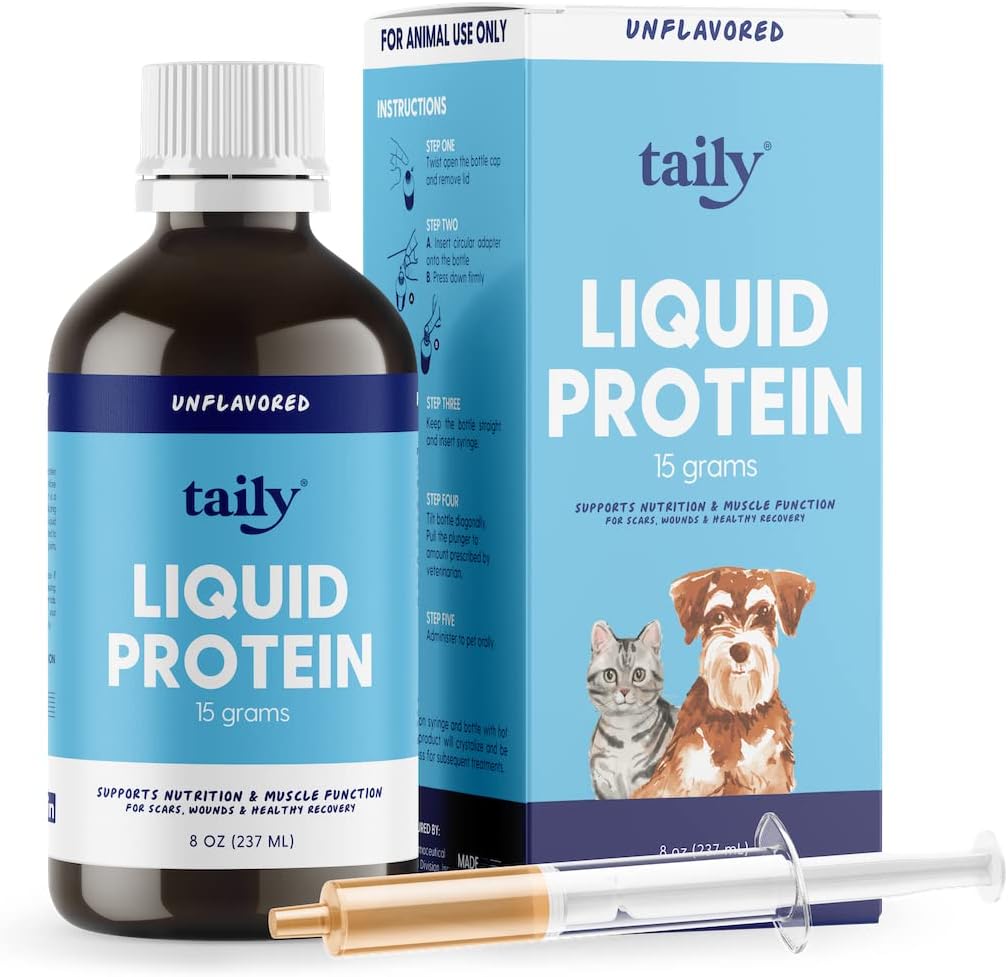
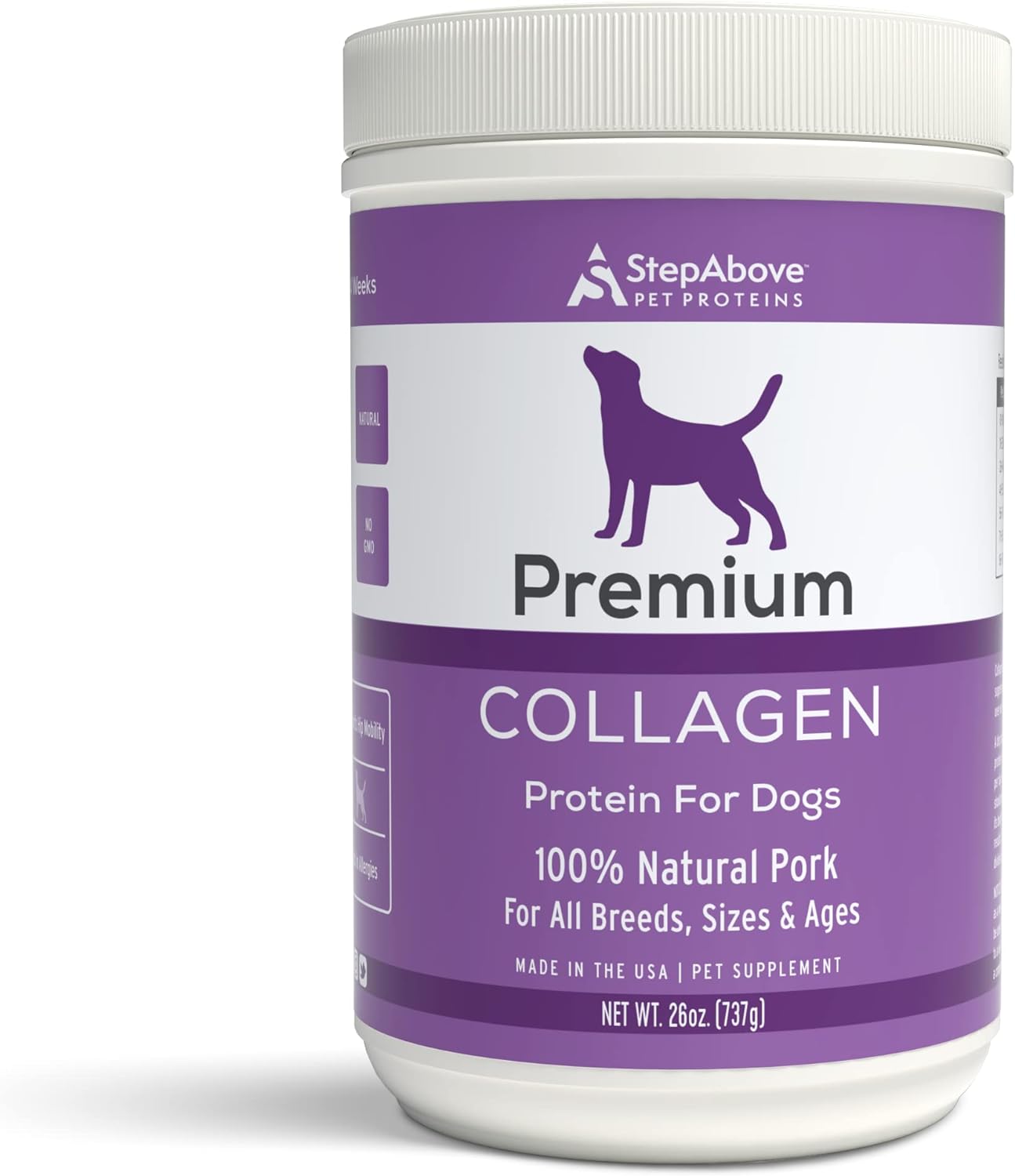
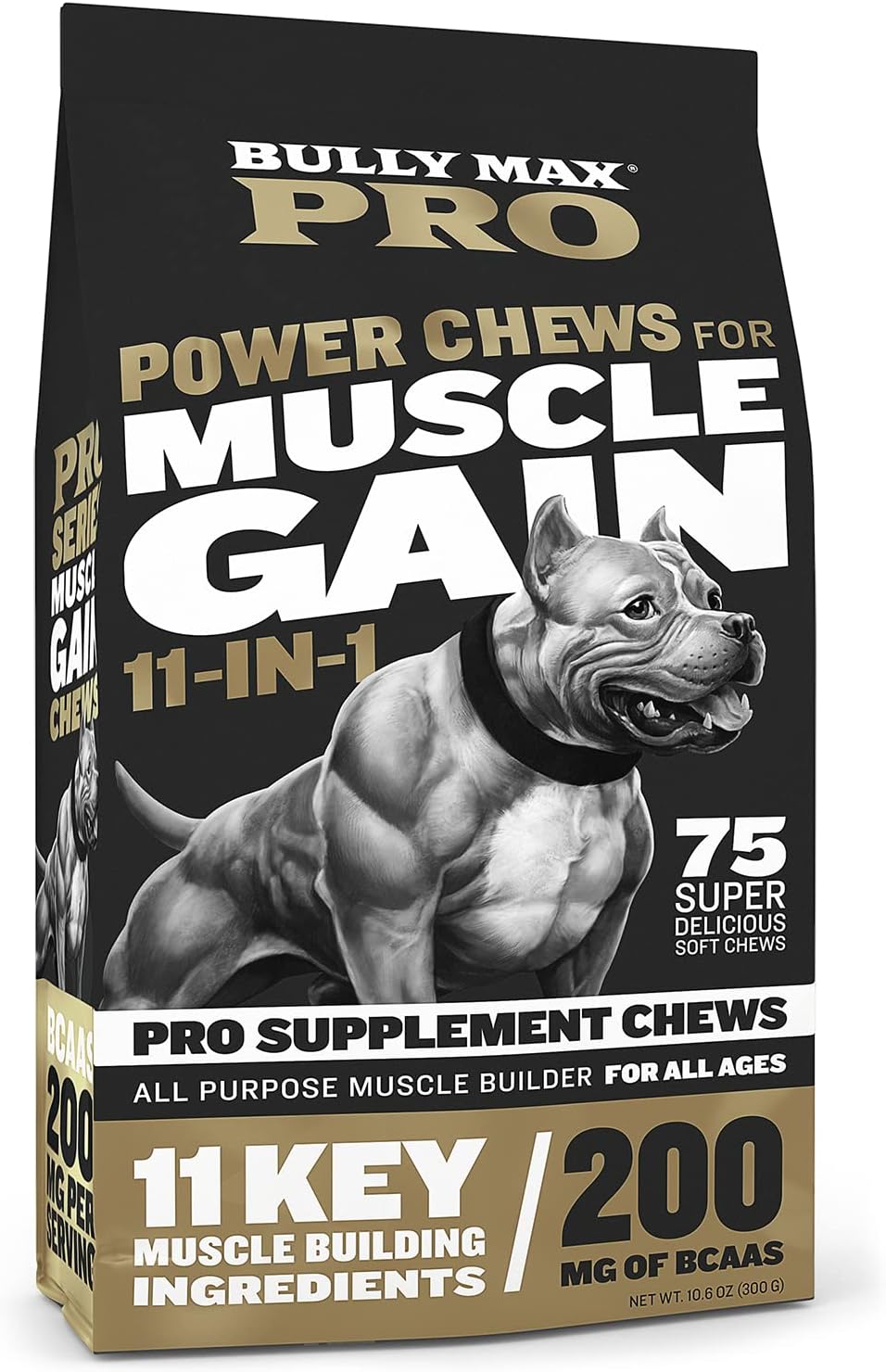
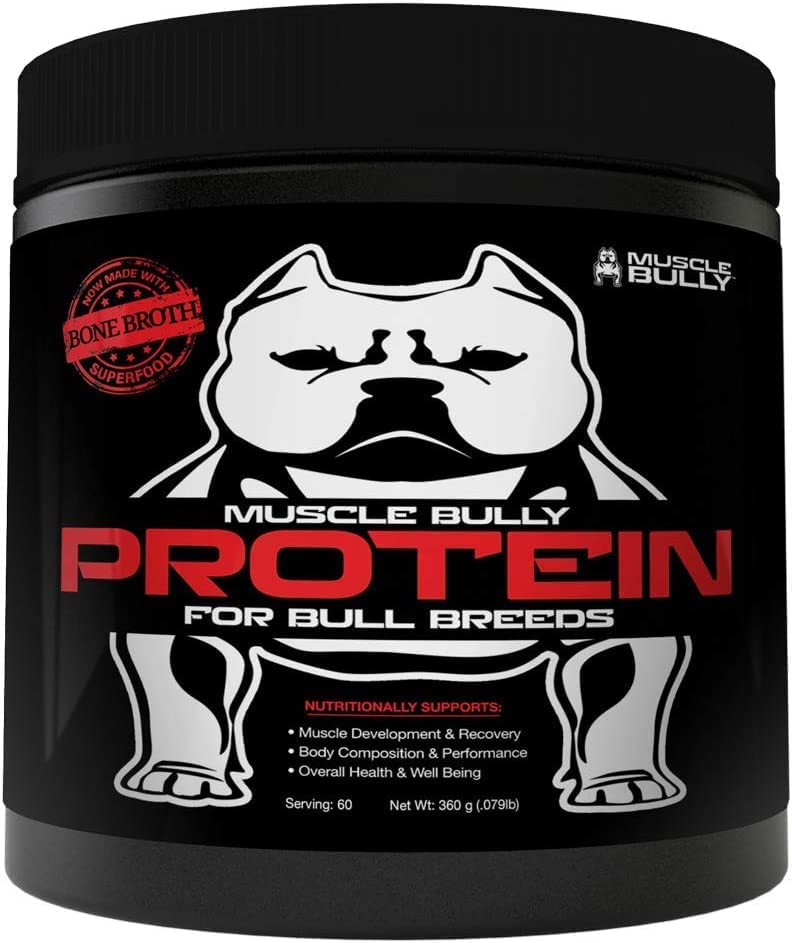
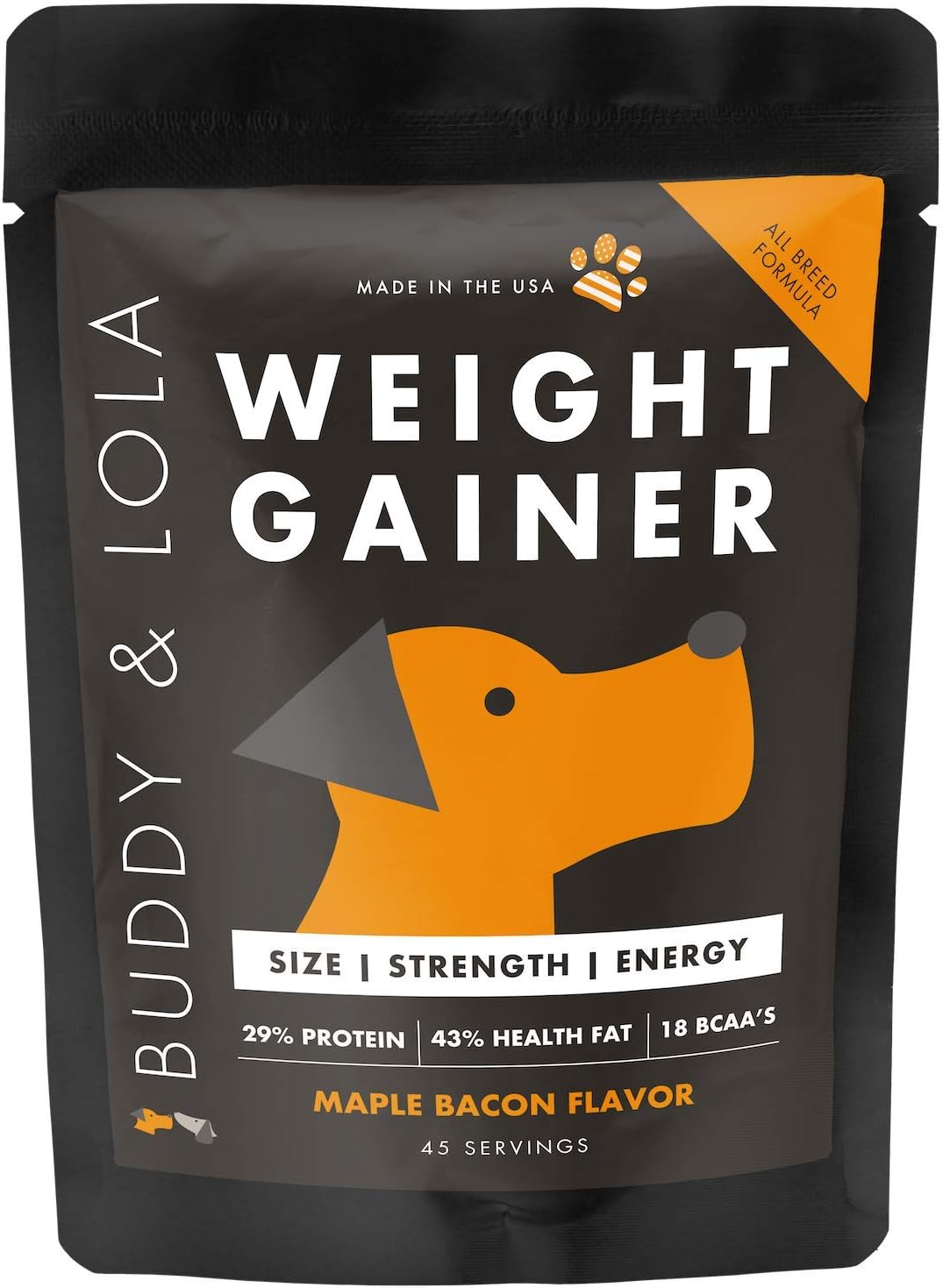
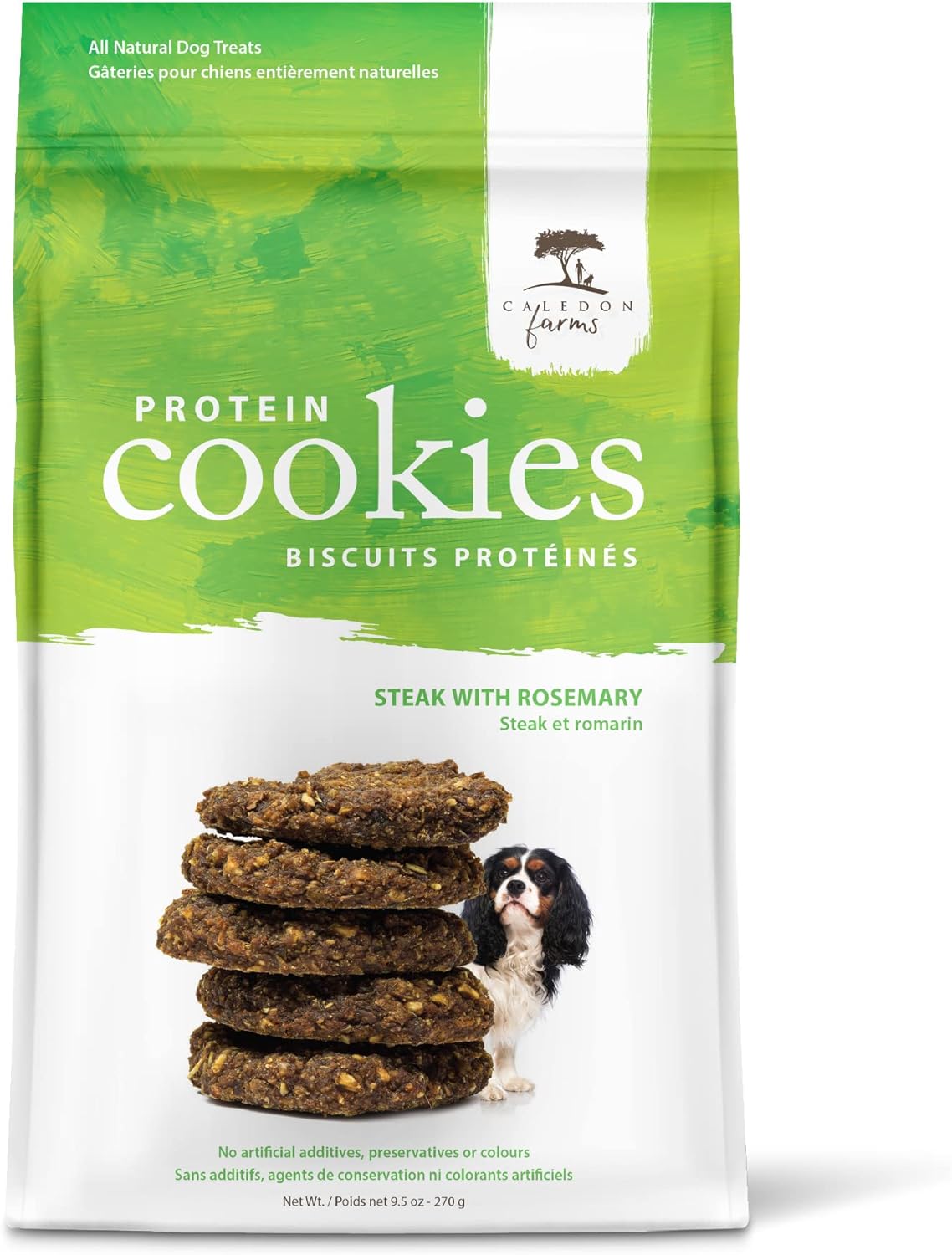


 Toledo, United States.
Toledo, United States.